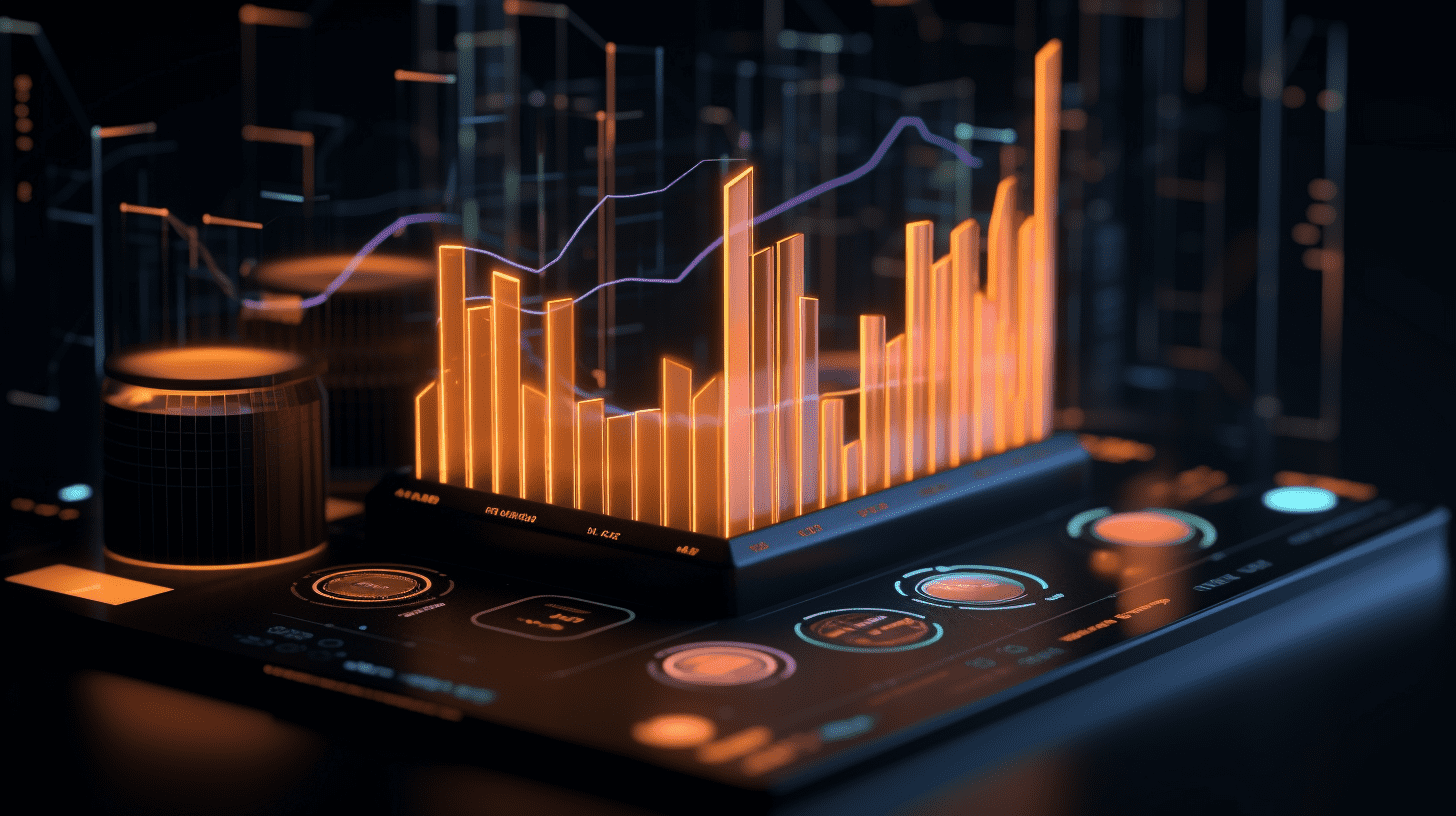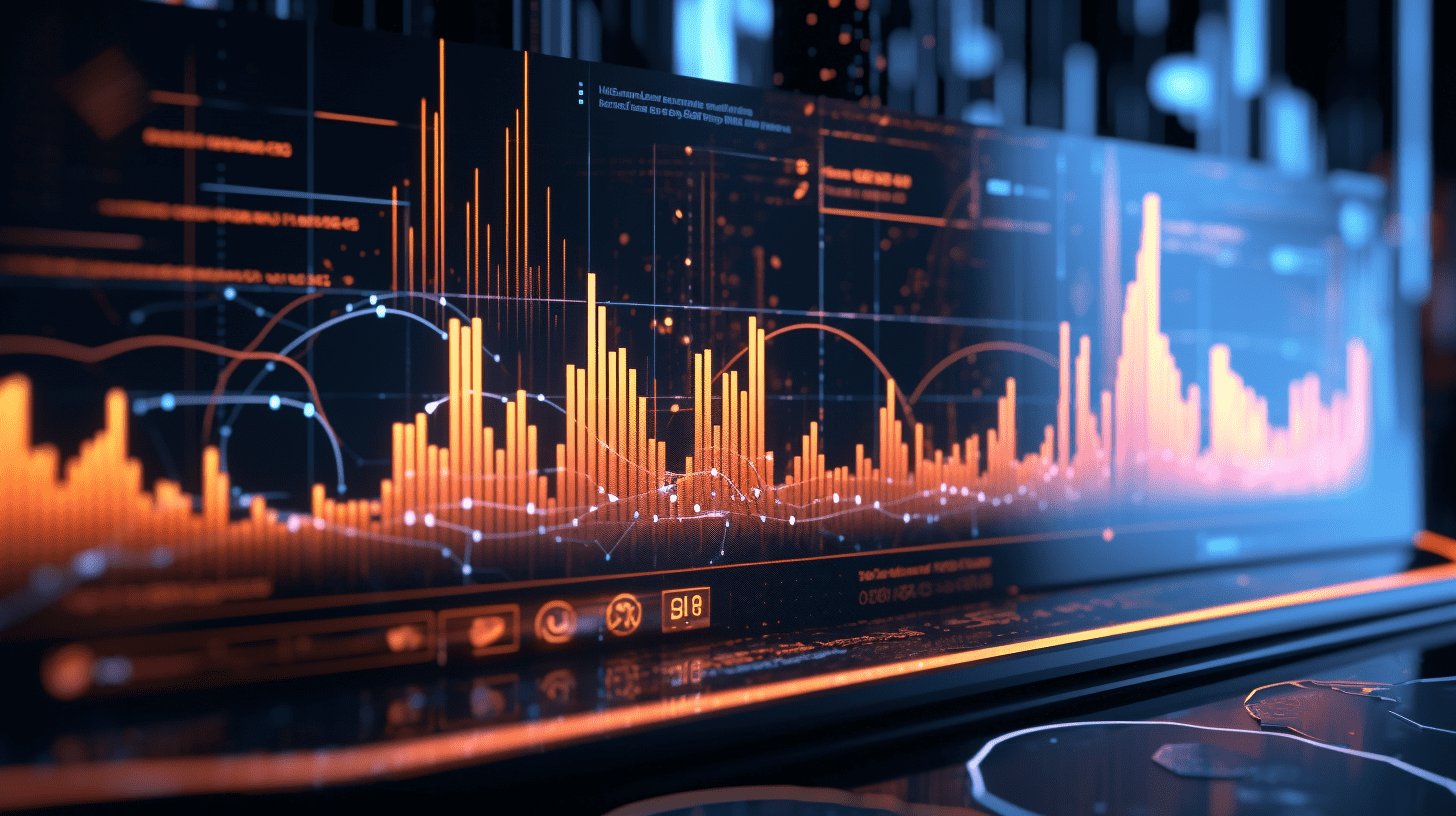Transitioning writer re-enters the scene! "Big short" Barry opened a blog to attack the AI bubble: NVIDIA Corporation (NVDA.US) is the Cisco Systems, Inc. (CSCO.US) of the past.
Michael Berry, who has always been skeptical of the current artificial intelligence craze, has officially launched his paid Substack information service focusing on the financial market, while once again targeting the center of this craze - NVIDIA.
Michael Burry, the original character of the movie "The Big Short" who gained fame for accurately shorting the US subprime mortgage crisis, "returned" on November 24th local time after closing his hedge fund a few days earlier. This investor, who has always been skeptical of the current artificial intelligence (AI) trend, has officially launched his paid Substack information service focusing on the financial market, and once again set his sights on the center of this trend - NVIDIA Corporation (NVDA.US).
Farewell to asset management and into paid information services
According to documents previously disclosed by the US Securities and Exchange Commission, Burry's Scion Asset Management officially terminated its registration on November 10th. A letter allegedly signed by Burry and circulated on social media announced the liquidation of the fund by the end of the year and the return of capital to investors, citing a discrepancy between the current market's valuation of securities and his judgment, which has persisted for quite some time.
This decision was widely interpreted by the market as Burry's "rational exit" from the current overvalued market. However, Burry himself later responded that he did not retire, and he is now quietly operating a family and friends fund, and he announced that his new Substack column "Cassandra Unchained" would be his "wholehearted" project. The column costs $39 per month and has attracted over 21,000 subscribers.
Historical rhythms replay: AI bubble compared to the Internet hype of the past
In his debut article titled "Foundations: My 1999 (and part of 2000)," Burry reviewed his early investment interests and the starting point of his trading career. In another article titled "The Cardinal Sign of a Bubble: Supply-Side Gluttony," he compared the current AI hype to the internet bubble of the 1990s and stated that he would continue to share his research findings in subsequent articles.
"In February 2000, the San Francisco Chronicle reported my short on Amazon.com, Inc. In 2005, Greenspan said, 'The housing bubble...seems unlikely.' In 2025, Powell says, 'AI companies are actually...profitable...' Quite a different situation from before. I hesitated to return to the public eye, but now I am back. Join me," Burry wrote in a post on X platform last Sunday evening.
He specifically emphasized that current investors are excessively extrapolating exponential growth prospects, ignoring profitability concerns, and continuing to invest substantial capital expenditures based on the assumption that "technology will reshape the economy."
Burry pointed out that, similar to the dot-com bubble era, current investors are placing great emphasis on these high-valued companies, overlooking profitability concerns, and continuing to invest massive amounts of capital expenditures based on the assumption that "technology will reshape the economy."
Burry's warnings are not isolated instances. The debate on whether there is an AI bubble exists has escalated among top global business leaders. The warning party, including the CEO of OpenAI, Altman, the co-founder of Microsoft Corporation Gates, and the vice chairman of JPMorgan Chase, Pinto, generally believe that the current market shows clear signs of irrational prosperity, similar to historical technology bubbles.
Optimists like Huang Renxun, CEO of AMD (AMD.US) Su Zifeng, and former CEO of Alphabet Inc. Class C Schmidt who come from the hardware supply and core development fields believe in the current investment boom based on the real demand brought about by the technological revolution.
Meta CEO Zuckerberg, Amazon.com, Inc. founder Bezos, and others maintain a cautiously neutral attitude, acknowledging the signs of overheating in the market, but believing that as long as technology continues to advance, long-term value will ultimately be realized.
Related Articles

Gold, silver, and copper will all "consolidate" in the coming weeks! JPMorgan Chase: This is just a rest in the bull market, with copper possibly rebounding first in the second quarter.

BofA's Hartnett: Small-cap stocks are more worth betting on than tech stocks, tech giants are no longer the winners.

Musk issues another warning: Without AI and Siasun Robot&Automation, the U.S. will definitely go bankrupt by 1000%
Gold, silver, and copper will all "consolidate" in the coming weeks! JPMorgan Chase: This is just a rest in the bull market, with copper possibly rebounding first in the second quarter.

BofA's Hartnett: Small-cap stocks are more worth betting on than tech stocks, tech giants are no longer the winners.

Musk issues another warning: Without AI and Siasun Robot&Automation, the U.S. will definitely go bankrupt by 1000%

RECOMMEND

Nine Companies With Market Value Over RMB 100 Billion Awaiting, Hong Kong IPO Boom Continues Into 2026
07/02/2026

Hong Kong IPO Cornerstone Investments Surge: HKD 18.52 Billion In First Month, Up More Than 13 Times Year‑On‑Year
07/02/2026

Over 400 Companies Lined Up For Hong Kong IPOs; HKEX Says Market Can Absorb
07/02/2026


